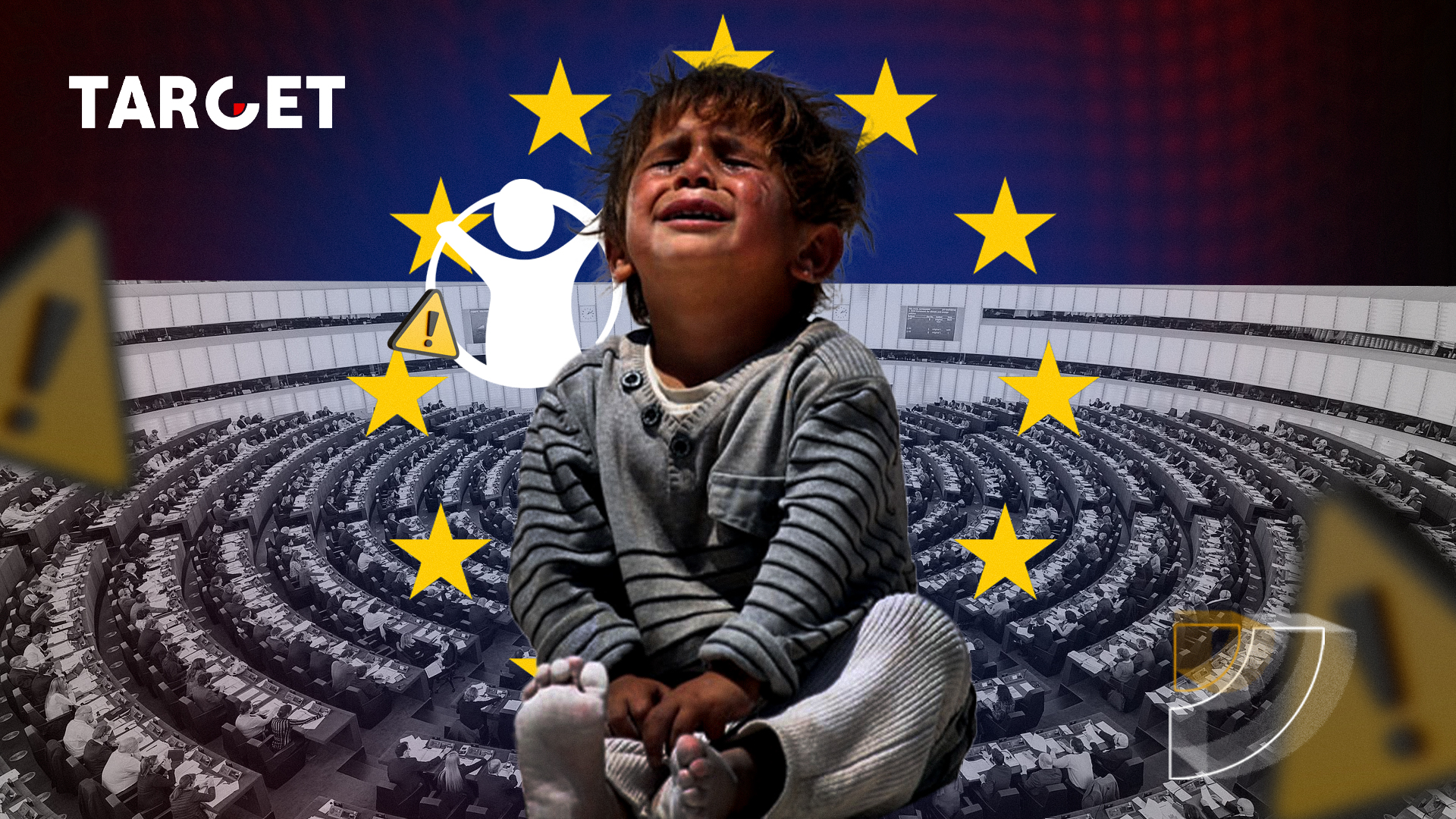International donors pledged 5.6 billion euros to Syria at a conference hosted by the European Union in Brussels on 15 June. The funding includes 4.6 billion euros for 2023 and one billion euros for 2024 and beyond to support people inside Syria and neighboring countries hosting Syrian refugees. The European Union has pledged 3.8 billion euros in grants, of which 2.1 billion euros will come from the European Commission and 1.7 billion euros from EU governments.
Held since 2017, the Brussels Conferences address critical humanitarian and resilience issues affecting Syrians in Syria and neighboring countries, as well as communities hosting Syrian refugees in the region. The EU’s High Representative for Foreign Affairs Josep Borrell said that with the conference the European Union (EU) shows that they are not forgetting the Syrian people, adding: “As the biggest donor for the Syrian people, the EU needs to – and want to – make sure that their situation remains high on the international agenda. He calls the conference a platform to reiterate the commitment of the international community to an overall and comprehensive political solution to the conflict that is in its 13th year.
UN chiefs said they hoped for pledges similar to the 6.7 billion dollars offered for Syria and its neighbors at a similar conference last year. UNHCR, the UN refugee agency, says more than 14 million Syrians have fled their homes since 2011, and some 6.8 million remain displaced in their own country, where almost the entire population lives below the poverty line. Some 5.5 million Syrian refugees live in Turkey, Lebanon, Jordan, Iraq and Egypt.
Nourhan Abdelaziz, Save the Children’s policy and advocacy advisor for the Middle East, North Africa and Eastern Europe, described the outcome of the Brussels conference as disappointing: “It is extremely disappointing to see that once again, the international community has failed children in Syria and neighboring countries who urgently need their support to survive. Abdelaziz stated that the pledge was a serious drop from last year’s donation, and that it was not enough for the 6.8 million internally displaced people (IDPs) and more than 5 million refugees in neighboring countries. The advisor added that while the pledges and the conference are a sign of solidarity, there is a huge gap between what is pledged and what is needed for children and their families.
The statement ends with the following words: “As needs will continue to outstrip resources available, we cannot keep doing the same thing and expecting a different result. The international community must commit to longer term early recovery funding so that the critical, basic services and infrastructure that children need can be appropriately rehabilitated. That is how we can help Syrian families rebuild their lives both in Syria and across the wider region.”

